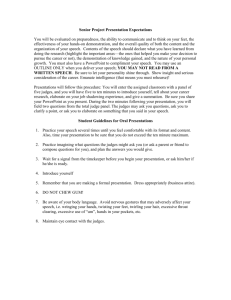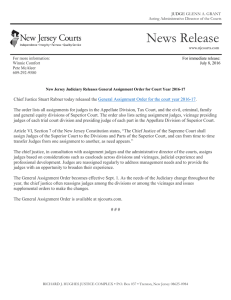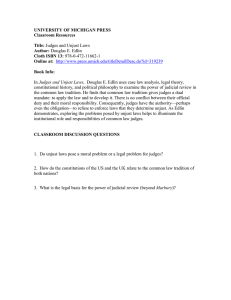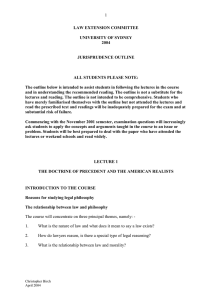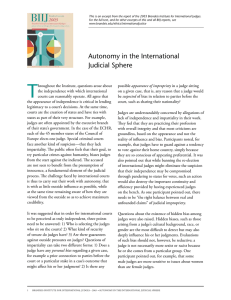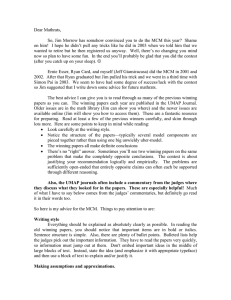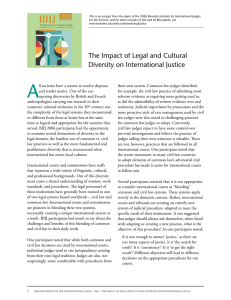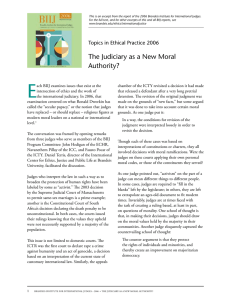BEYOND NATURAL AND POSITIVE LAW LEGAL FORMALISM
advertisement
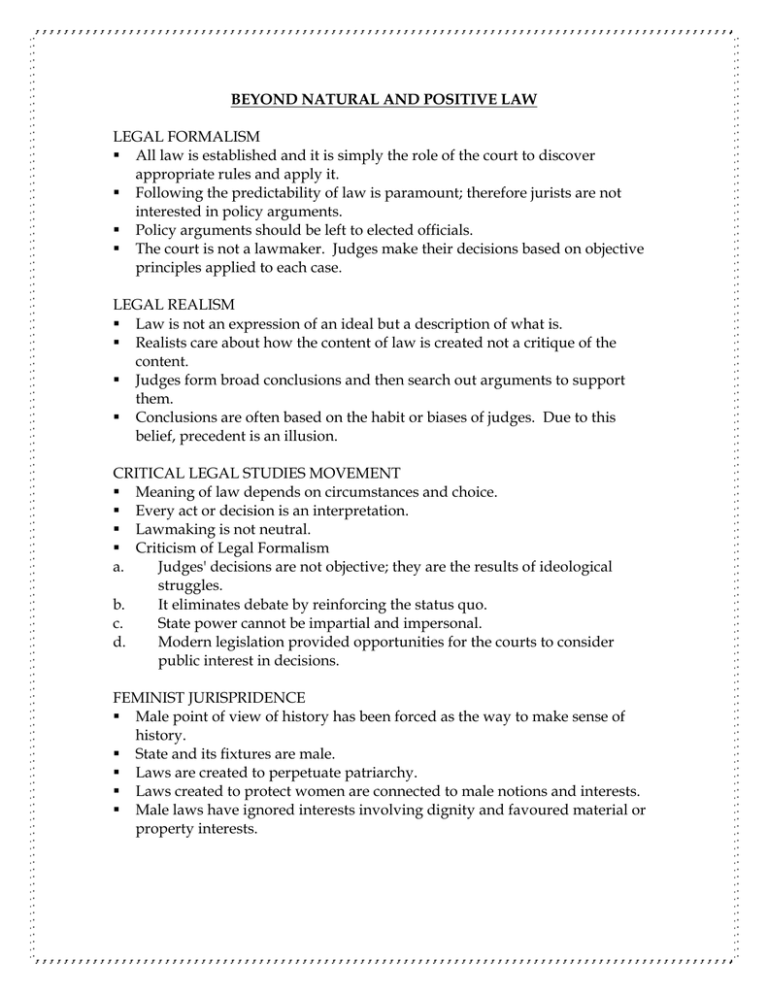
BEYOND NATURAL AND POSITIVE LAW LEGAL FORMALISM All law is established and it is simply the role of the court to discover appropriate rules and apply it. Following the predictability of law is paramount; therefore jurists are not interested in policy arguments. Policy arguments should be left to elected officials. The court is not a lawmaker. Judges make their decisions based on objective principles applied to each case. LEGAL REALISM Law is not an expression of an ideal but a description of what is. Realists care about how the content of law is created not a critique of the content. Judges form broad conclusions and then search out arguments to support them. Conclusions are often based on the habit or biases of judges. Due to this belief, precedent is an illusion. CRITICAL LEGAL STUDIES MOVEMENT Meaning of law depends on circumstances and choice. Every act or decision is an interpretation. Lawmaking is not neutral. Criticism of Legal Formalism a. Judges' decisions are not objective; they are the results of ideological struggles. b. It eliminates debate by reinforcing the status quo. c. State power cannot be impartial and impersonal. d. Modern legislation provided opportunities for the courts to consider public interest in decisions. FEMINIST JURISPRIDENCE Male point of view of history has been forced as the way to make sense of history. State and its fixtures are male. Laws are created to perpetuate patriarchy. Laws created to protect women are connected to male notions and interests. Male laws have ignored interests involving dignity and favoured material or property interests.
